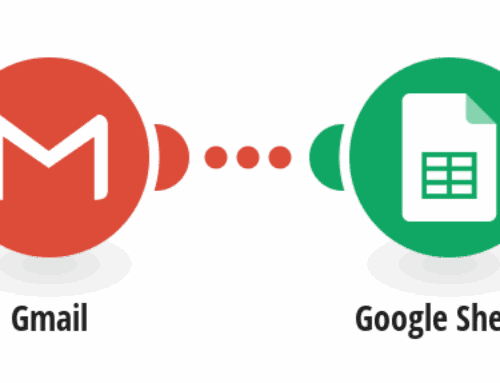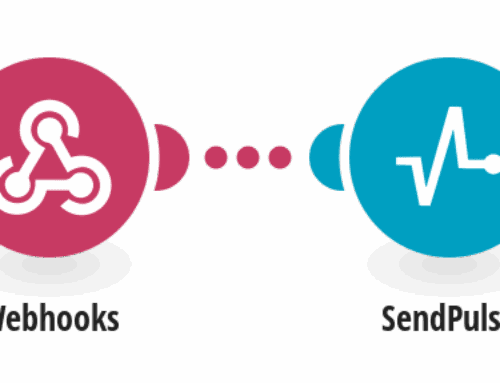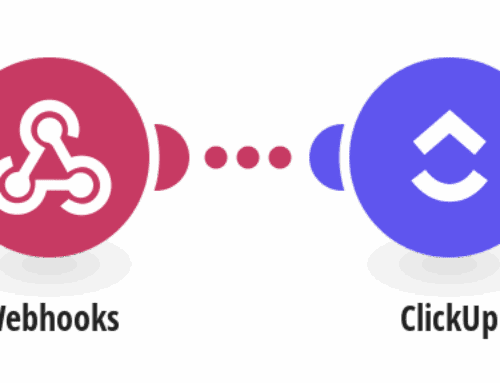Conducting a SWOT Analysis on Competitors with ChatGPT and Notion
Understanding SWOT Analysis: A Quick Overview
SWOT analysis is like the bread and butter of strategic planning. It stands for Strengths, Weaknesses, Opportunities, and Threats, and it’s a tool that helps businesses get a handle on internal and external factors affecting their operations. The beauty of SWOT is in its simplicity; you lay out the positive and negative elements concerning your business or a competitor.
By understanding these factors, companies can make informed decisions. Think of it like GPS for your business strategy – it shows where the rough patches are and where the road might be smooth. As technology advances, tools like ChatGPT have made this process even more insightful by analyzing data quickly and efficiently.
Introducing ChatGPT: Your SWOT Analysis Assistant
ChatGPT has revolutionized how we approach data analysis. Forget about spending hours poring over spreadsheets and reports. With ChatGPT, you can gather insights about a competitor’s strengths and weaknesses in a fraction of the time. It’s like having a personal research assistant who never sleeps!
This AI-powered tool uses advanced algorithms to sift through copious amounts of information, delivering succinct and actionable insights. Whether you’re a startup or an established enterprise, incorporating ChatGPT into your SWOT analysis process can provide a significant strategic edge.
Getting Started with ChatGPT for SWOT Analysis
Setting Up ChatGPT for Business Analysis
To get started with ChatGPT, you’ll first need to ensure your access and account setup. It’s much like preparing for a marathon; you don’t just start running without your gear in place. Depending on your industry, you may need to refine the AI’s parameters to align with pertinent data indicators relevant to your sector.
Once set up, you’re ready to begin the analysis. Start by inputting the key data points or queries that relate to your competitors. This could range from market share percentages to recent innovations they’ve introduced. The goal here is to gather as much relevant information as possible.
Analyzing Data with ChatGPT
With your parameters set, it’s time to let ChatGPT do its magic. You’ll want to structure your queries to get comprehensive data outputs. For example, ask it to list strengths related to product development or identify threats from emerging market trends. Think of ChatGPT as your microscope, allowing you to zoom into intricate details you might otherwise miss.
Once you’ve gathered your data, take some time to review and interpret the findings. Remember, while ChatGPT is powerful, context is king. Use your industry knowledge to decide which findings hold the most weight and relevance for your SWOT analysis.
Organizing Insights with Notion
The Benefits of Using Notion
When it comes to organizing information, Notion is like your digital Swiss army knife. It offers incredible flexibility with pages, databases, and integration functionalities perfect for compiling SWOT analysis data. After ChatGPT has delivered insights, Notion becomes the canvas where you can paint the bigger picture.
Notion allows you to store, categorize, and present data in a way that suits you best. Whether you prefer a detailed table or a visual dashboard, the platform adapts to your needs. It ensures that the knowledge accumulated doesn’t just gather dust but actively contributes to strategic decision-making.
Creating a SWOT Dashboard in Notion
Setting up a SWOT dashboard in Notion is straightforward yet transformative. Begin by creating separate sections or pages for each element of the SWOT framework. Populate these sections with the data and insights derived from ChatGPT. It’s akin to building a house; you lay down the foundation before adding the decorative touches.
You can use Notion’s database features to add dynamic functionality to your dashboard. For instance, embedding links to competitor profiles or adding comments directly under specific insights enhances interactivity. This makes your SWOT analysis not only a static document but an evolving strategic tool.
Combining ChatGPT and Notion for Maximum Efficiency
The real magic happens when ChatGPT and Notion are used in tandem. While ChatGPT provides the raw, analytical power, Notion complements it with organizational prowess. It’s like pairing a high-powered engine with a sleek chassis – both are necessary to drive your business forward effectively.
Integrating these tools ensures you have both depth and breadth in your analysis. ChatGPT delivers the detailed insights, and Notion structures them in a way that’s accessible and actionable. This combination can significantly enhance your competitive strategy, making you more agile and informed in the marketplace.
Practical Tips for Effective SWOT Analysis
Refining Your Analytical Approach
When conducting SWOT analysis, precise focus is crucial. Ensure that your queries in ChatGPT are clear and directed towards gathering actionable insights. Think of it like fishing – casting a wide net might catch many fish, but honing in on specific areas could land you the big ones.
Aim to define what makes a piece of information relevant to your objectives. By doing so, you can streamline the data processing and make better use of the insights generated. Additionally, periodically reviewing your analytical approach ensures it evolves alongside market changes.
Leveraging Insights for Strategic Planning
Once compiled, the SWOT analysis should act as a guide rather than a definitive solution. Use it as a springboard for brainstorming sessions and strategic planning meetings. Engage your team, encourage diverse perspectives, and discuss how best to leverage strengths and mitigate potential threats.
Remember, the true value of SWOT comes from its application. Regularly revisiting and updating your analysis keeps your strategies fresh and aligned with current market dynamics. This proactive approach can help maintain a competitive advantage over your rivals.
Conclusion
Incorporating ChatGPT and Notion into your SWOT analysis process marks a significant step toward smarter business strategies. These tools bring efficiency and clarity, enabling businesses to navigate the competitive landscape with confidence. By continuously refining your use of these technologies, you can transform complex data into actionable insights, ensuring your company remains ahead of the competition.
FAQs
What is SWOT analysis, and why is it important?
SWOT analysis is a strategic tool used to identify the Strengths, Weaknesses, Opportunities, and Threats related to business competition or project planning. It is important because it provides a structured way to evaluate internal and external factors, enabling informed strategic planning.
How does ChatGPT assist in SWOT analysis?
ChatGPT assists in SWOT analysis by rapidly analyzing large datasets to extract relevant insights about competitors. This AI tool helps businesses understand their position relative to competitors by identifying key strengths, weaknesses, opportunities, and threats.
Why should I use Notion for organizing SWOT analysis data?
Notion is highly versatile and allows you to organize data dynamically. You can create interactive dashboards, detailed tables, and linked databases, making it easier to visualize and access the insights derived from your SWOT analysis.
Can I integrate ChatGPT insights directly into Notion?
Yes, you can integrate insights from ChatGPT directly into Notion. Copy the relevant data points and paste them into your Notion workspace to create a cohesive and interactive SWOT dashboard for easy reference and strategic planning.
How often should I update my SWOT analysis?
Your SWOT analysis should be updated regularly to reflect the latest market developments and competitor activities. Depending on your industry’s pace, revisiting your SWOT analysis every quarter or bi-annually is recommended to ensure it remains relevant.











